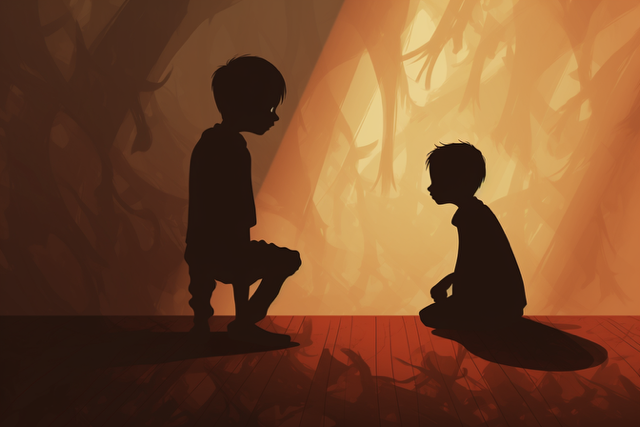Probably my second favourite song on the album! I think the essence of this song lies in its simplicity. It’s a 3-chord wonder, talking about the existence of an imaginary childhood companion. I don’t know if it’s written specifically about any of Bruce’s children, nevertheless, the sensitive handling of the topic demonstrates that Hornsby is probably equally at home on a kid’s activity centre as he is on the keyboards.
As I said, it’s the simplicity of the idea, in the middle of an album full of complicated grown-up ideas, that’s most appealing. And the simplicity of the childhood friendship with this imaginary being, serves to highlight some of the complexities of adult life: “No cards to send, no torn heart to mend. A little imagination and then…a world of fantasy with my friend”. Simple as that!
Carwyn Tywyn
This song also inspired the title of our first Bruce Hornsby cover project, “Shadow Hands“!
Download:
 Shadow Hand
Shadow Hand
» 3.6 MiB - 973 downloads
Boston, MA
on dulcimer
band show; audience recording
September 27 2009

